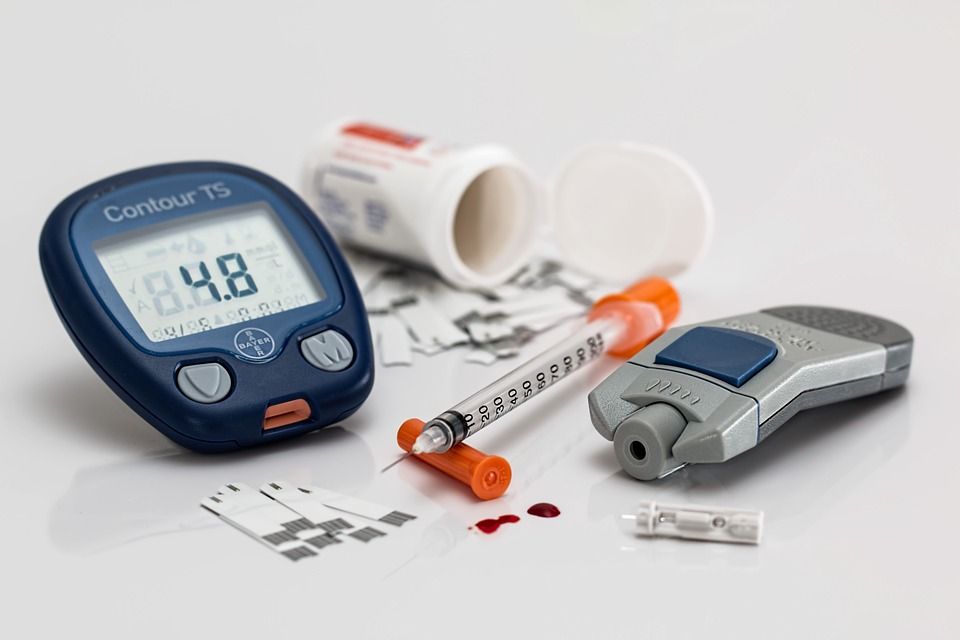Sleep is such an important part of our lives that it affects every part of our body if a minor disturbance occurs in our sleep pattern. Lack of sleep affects our blood sugar levels and blood glucose control.
Troubled sleep patterns could be due to a number of reasons, ranging from hypos to sleep apnea, high blood sugar, obesity or stress. In a study conducted in 2012, researchers examined the link between diabetes and sleep disorders. The result of the study was that sleep deprivation is one of the key risk factors for diabetes.
Can a lack of sleep be a cause of diabetes?
Sleep deprivation and insulin resistance have a deeper link. Diabetic patients tend to either lose sleep or sleep too much. High or low blood sugar levels may lead to the patient feeling fatigue throughout the day. A good sleep pattern is needed for our bodies to regulate a number of body functions such as appetite, weight and immune system.
Hypos and Sleep Apnea
Feeling tired during the day and especially after meals is due to high blood sugar levels. If you notice any tiredness after meals, you must check your blood sugar level. Obstructive sleep apnea affects a person’s breathing during sleep. It is most common among people with the age range of 35-54 and who are mostly overweight. Keep a check on your weight and glucose levels too.
Improve Your Sleep Cycle
Develop good sleeping habits which will help you regulate your sleep cycle in the long run. Take a look on how you can resolve your sleep issues
Avoid screen time before sleeping
Avoid using cell phones and tablets at night because the screen glow can trick your mind into keeping awake. Establish a habit of reading a book before bedtime.
Take Medications
If you are a diabetic patient having trouble sleeping then consult a doctor. Prescriptions like Ivokana are mostly recommended in controlling sugar levels. You can apply Ivokana coupon from PricePro Pharmacy online and avail a discount on the medications. Such medicines help in regulating the sleep hormone Melatonin while keeping the blood sugar level in the normal range.
Less use of alcohol
Drinking alcohol before bedtime might keep you awake for a full eight hours. So it’s better to ditch alcohol and other beverages near bedtime.
Use of Sleep Aids
Essential oils are used to help in regulating sleep. The fresh smell of essential oils helps the mind and muscles to relax. Buy sandalwood essential oil and other sleep aids which might help you sleep. Essential oils are also helpful in relieving stress.
Create white noise
Sounds coming from outside the room may prove troublesome for your sleep, so invest in a white noise app or device which creates soothing noise for you.
Create a proper sleep routine
Go to bed at the same time every night and wake up at the same time as well. This will regulate your body clock and your body will get habitual of that sleep time.

